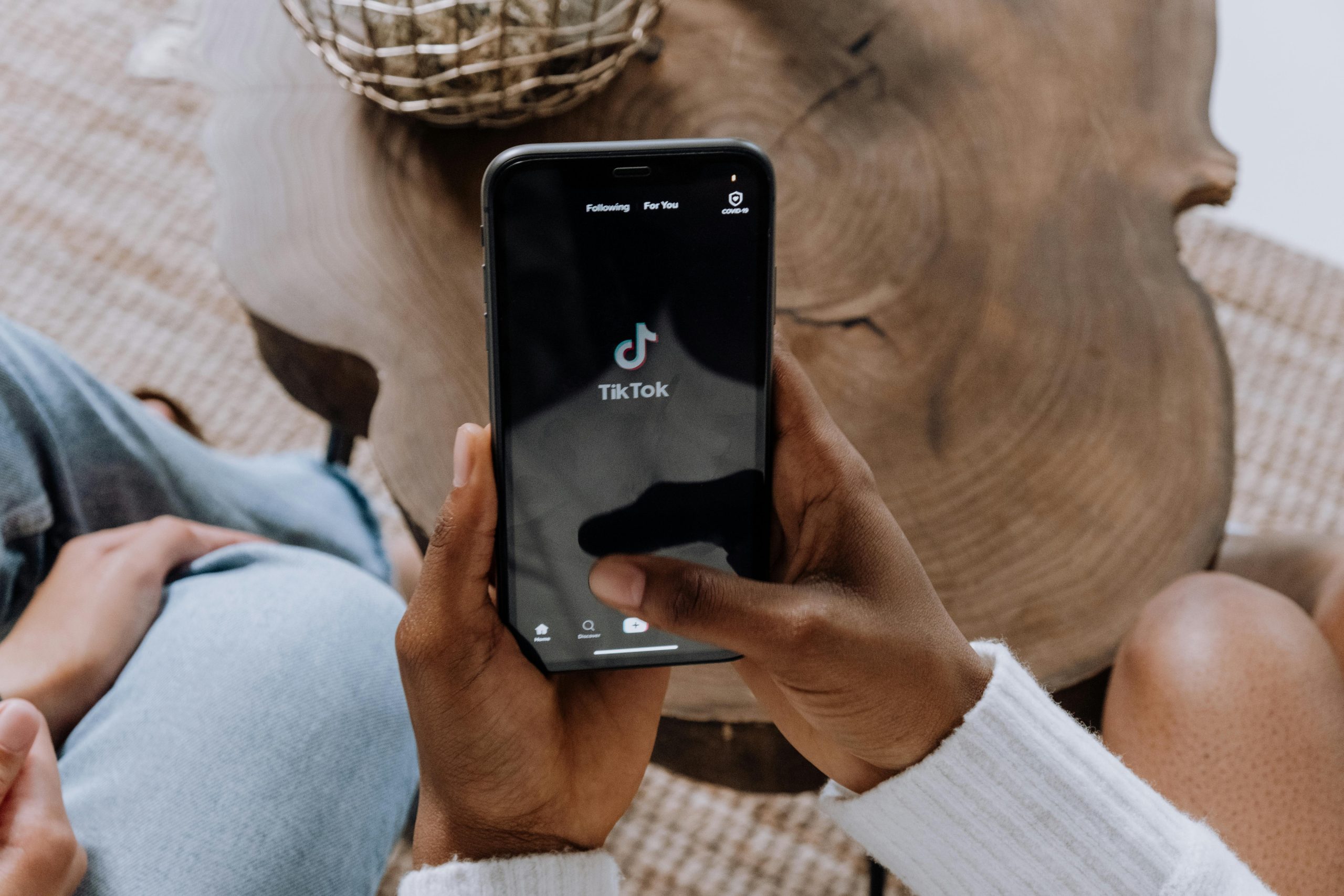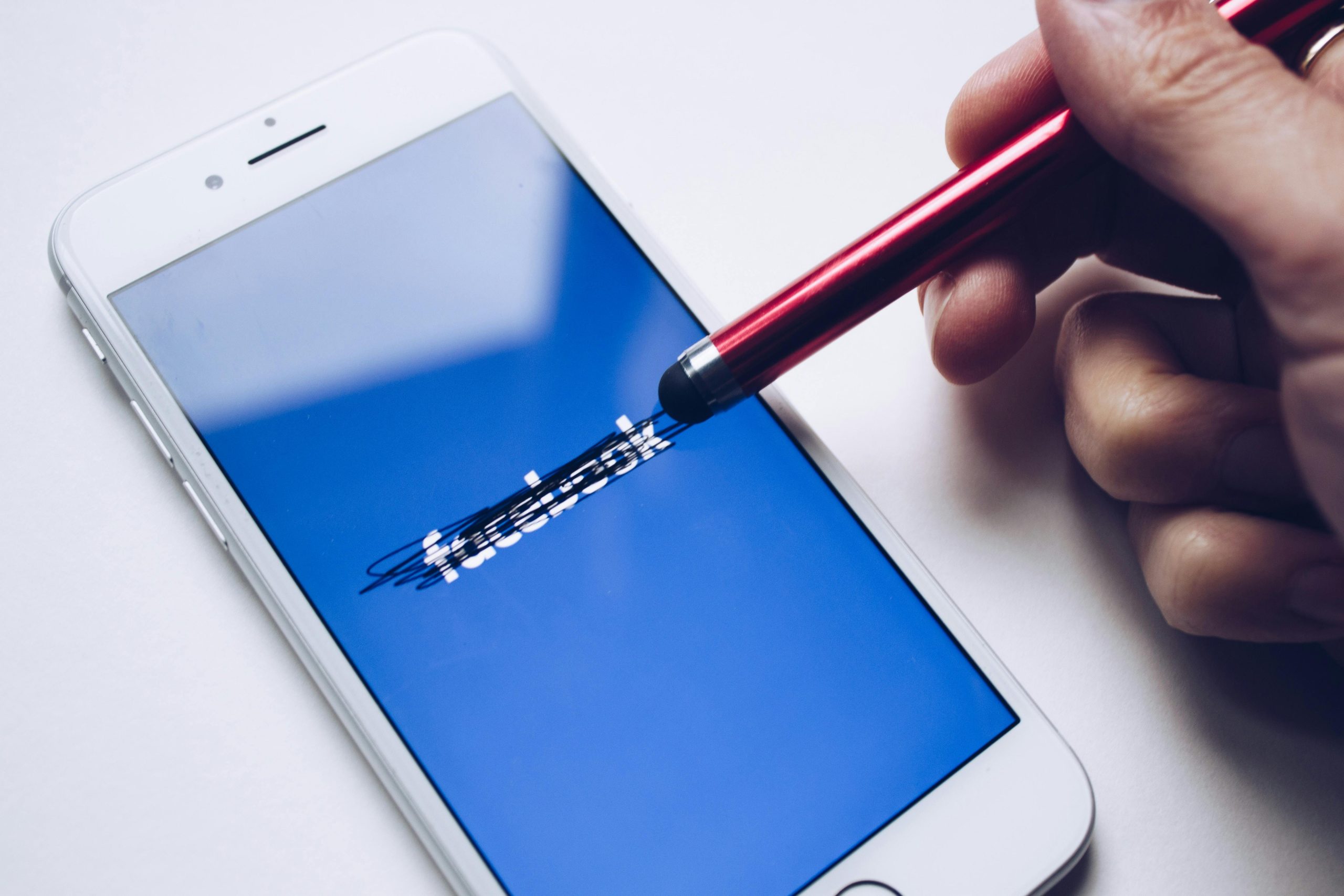The controversy surrounding TikTok: The fight over privacy and data protection

American legislators are concerned primarily about user data, hence their desire to ban TikTok. They fear that Beijing may leverage its influence over ByteDance, the parent company of TikTok, to obtain data from Americans and users worldwide. The proposed ban would not only affect government employees but, considering the potential risk, would be comprehensive.
The proposal suggests that ByteDance would have to divest TikTok within six months. If representatives of this Chinese giant fail to do so, app stores operated by companies like Apple and Google would be unable to provide these apps in the USA. While the proposal specifically addresses TikTok, according to Reuters, the new law, if passed, would allow the U.S. government to ban other digital services with foreign ownership as well.
During the past weekend, American President Joe Biden stated that he would sign the proposal if Congress sent it to him. However, Reuters emphasized that it is unclear whether the proposal will pass the Senate. Thus, the text may not reach the President at all.
Representatives of ByteDance have already protested against the proposal even before its approval by the U.S. House of Representatives, labeling it unconstitutional.
Pressure to ban TikTok in the USA began to intensify last year due to concerns about user data. For example, lawmakers in Montana voted last summer to ban the Chinese social media platform TikTok nationwide—not only for officials but for all users.
Montana was supposed to become the first U.S. state to implement such strict measures due to concerns about the security of user data. However, lawmakers’ plans faced legal challenges.
In December, a federal district court in Missoula preliminarily ruled that “the ban could violate the First Amendment to the U.S. Constitution on freedom of speech.”
Although the process is ongoing, based on the court’s decision, the ban on using the app in Montana cannot take effect yet, even though lawmakers intended it from the beginning of this year. The approved law, which has not yet taken effect due to the court’s decision, was very strict. The legislation explicitly prohibits downloading the TikTok app in Montana and will penalize any app stores or TikTok itself if they offer it in this state.
The amount of the fine was set at $10,000 (225,000 CZK) per day for each case where a subject offered users access to this application, Reuters reported.
However, it is necessary to note that the fine does not apply to TikTok users themselves. If they manage to obtain the application in any way, no one will penalize them. The restrictions are therefore aimed exclusively at app stores.
Governor Greg Gianforte supported this law last year, stating that it supports “our common priority – protecting the people of Montana from surveillance by the Chinese Communist Party.”
In addition to signing, he also banned the use of any social networks that collect or provide personal data to “foreign enemies” on government devices.
The use of the TikTok app on government devices has already been decided to be banned by all states of the so-called Five Eyes alliance, which includes the intelligence services of the USA, UK, Australia, New Zealand, and Canada. Similar steps have been announced by Belgium, France, and the European Commission.
The Czech ministries have also taken a similar step. In early March, the Czech National Cyber and Information Security Agency (NCISA) issued a warning against the Chinese program.
“I decided to issue the warning based on a comprehensive analysis of information about the TikTok application that we obtained from both public sources and our allies,” said NCISA Director Lukas Kintr.
“The amount of data collected and how it is handled, combined with the legal environment in China and the growing number of users in the Czech Republic, leaves us no choice but to consider TikTok a security threat,” he added.
The warning also applies to the general public. “The warning does not distinguish between users from the public and private sectors. For me, it is crucial whether the threat to a specific system could have a negative impact on the functioning of the Czech Republic and the security of each of us,” Kintr added.
Photo source: www.pexels.com
Author of this article
WAS THIS ARTICLE HELPFUL?
Support us to keep up the good work and to provide you even better content. Your donations will be used to help students get access to quality content for free and pay our contributors’ salaries, who work hard to create this website content! Thank you for all your support!




OR CONTINUE READING